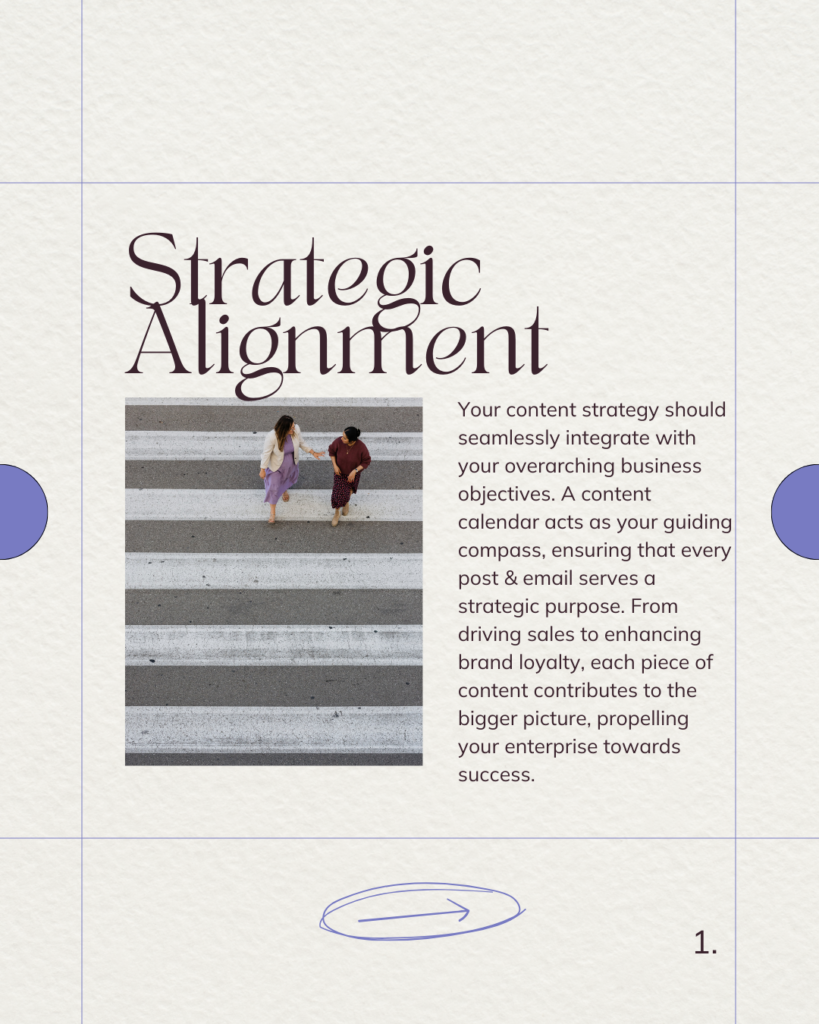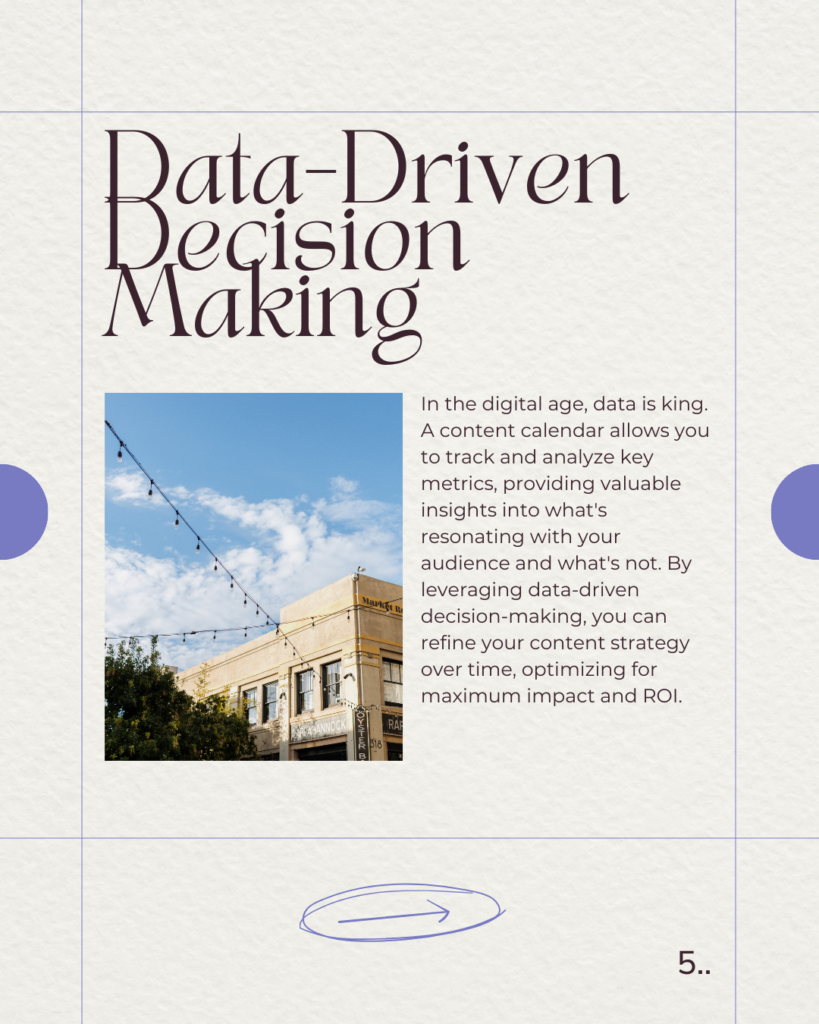WRITTEN BY: KATHRYN LANG
The unsung hero of digital marketing
In the ever-changing world of ecommerce, where giants roam and competition is fierce, having a game plan (a.k.a. a content calendar) is not just important – it’s essential 📅 . Flywheel Strategy helps brands not only build their content calendar and campaign strategy, and have seen brands go from little engagement to increased engagement and revenue thanks to strategically planned out content.
Let’s explore why building a content calendar is a game-changer for enterprise-level e-commerce brands.





5 benefits of a brand content calendar
1. Strategic Alignment: In the world of enterprise e-commerce, alignment is key. Your content strategy should seamlessly integrate with your overarching business objectives. A content calendar acts as your guiding compass, ensuring that every post & email serves a strategic purpose. From driving sales to enhancing brand loyalty, each piece of content contributes to the bigger picture, propelling your enterprise towards success.
2. Streamline Collaboration: With multiple teams and stakeholders involved, coordinating content can feel like herding cats. A content calendar serves as a centralised hub where everyone can come together and collaborate effectively. From marketing to merchandising, having a clear roadmap ensures that everyone is on the same page, resulting in smoother workflows and greater productivity.
3. Maintain Brand Consistency: Your brand reputation precedes you. Consistency is not just a goal – it’s non-negotiable. A content calendar enables you to maintain a consistent brand voice and aesthetic across all channels. Whether it’s your website, social media, or email campaigns, every touchpoint reinforces your brand identity, building trust and loyalty among your audience.
4. Anticipate Trends and Seasonality: Staying ahead of the curve is paramount. A content calendar empowers you to anticipate trends and plan for seasonality well in advance. Whether it’s gearing up for holiday sales or capitalising on emerging industry trends, strategic planning ensures that you’re always one step ahead of the competition and true to your brand.
5. Data-Driven Decision Making: In the digital age, data is king. A content calendar allows you to track and analyse key metrics, providing valuable insights into what’s resonating with your audience and what’s not. By leveraging data-driven decision-making, you can refine your content strategy over time, optimising for maximum impact and ROI.
Conclusion:
The importance of building a content calendar for e-commerce brands cannot be overstated. It’s not just a tool – it’s a strategic imperative that drives alignment, collaboration, and success. So, whether you’re a seasoned veteran or a newcomer to the e-commerce arena, now is the time to harness the power of the content calendar and take your enterprise to new heights!
Not sure where to start – Flywheel Strategy can help. Connect with us to learn more!

BE THE FIRST TO COMMENT: